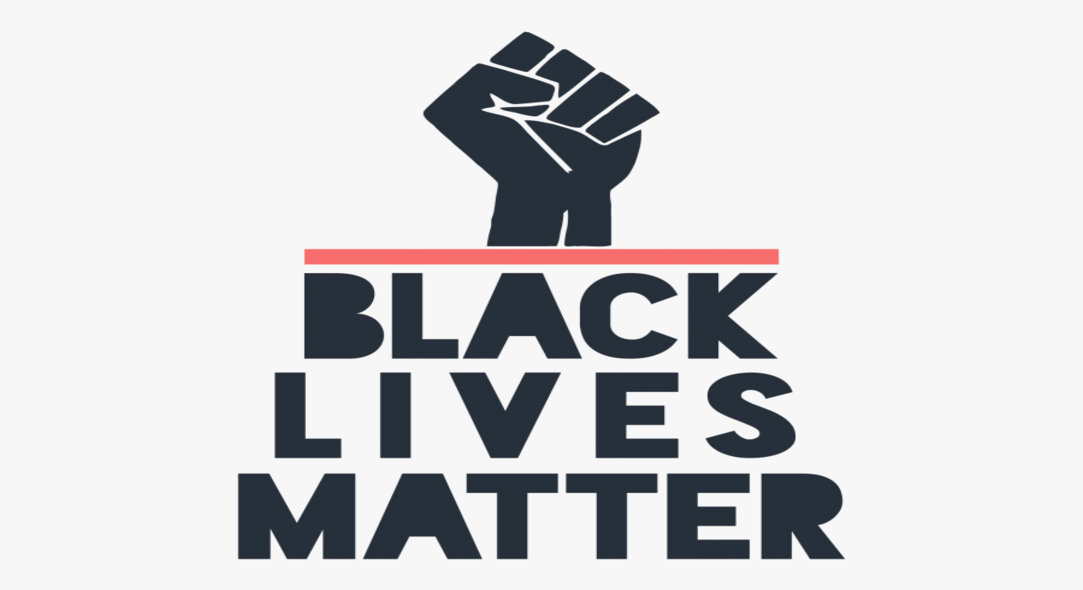Prayer
Let us calm our hearts and minds and ponder the mysteries of life and death.
Read More

Ever since the murder of George Floyd circulated on the news, I have not been able to stop thinking about it. In a video of the minutes leading up to his death, a white officer in Minnesota can be seen kneeling on the neck of Floyd, a black man accused of paying with a counterfeit $20 bill, while he repeatedly says, “I can’t breathe.” Despite the attempts of multiple bystanders to intervene, the officer continues to put pressure on Floyd’s neck for a total of 8 minutes and 46 seconds, including almost 3 minutes after he loses consciousness. Floyd was sent to hospital in an ambulance with no pulse and pronounced dead shortly afterward.
“Racism is not getting worse, it’s getting filmed.”
– Will Smith
George Floyd’s death has opened my eyes to the realities of racism, but unfortunately, this story is just one of many. The Black Lives Matter movement, which campaigns against violence and systemic racism towards black people, began in 2013 after Trayvon Martin, an African American teenager, was shot while walking to a family friend’s house after leaving a convenience store. Earlier this year, Ahmaud Arbery, a black man, was followed by white men and shot while jogging in his neighbourhood. Countless others have been silenced, discriminated against, abused, and killed simply because of the colour of their skin. And we are allowing it to happen over and over.
It is important to realize that racism is not just an issue in the United States. Although it is tempting to think that in Canada, we know better than our American counterparts, the hard truth is that racism is very much alive here too. And Halifax is no exception: an independent report in 2019 stated that black people in Halifax are six times more likely to be carded by police than white people. While we may condemn acts of overt racism, such as hate crimes and racial slurs, we must recognize that there are other, more subtle forms of racism that require attention as well. Denial of white privilege, whitewashing, and hiring discrimination are just a few examples of “socially acceptable” racism taking place today.
I often find that the news is an endless stream of horrific events – and there are far too many. Hearing about one bad thing after another can make it seem like there is no hope, that our world has been so broken for so long that it is beyond repair. I often wonder how I, a mere 20-year-old, could possibly do anything that would make a difference. I certainly don’t have all the answers, but what I do know is that I cannot remain silent any longer.
“It’s up to all of us – Black, white, everyone – no matter how well-meaning we think we might be, to do the honest, uncomfortable work of rooting [racism] out. It starts with self-examination and listening to those whose lives are different from our own. It ends with justice, compassion, and empathy that manifests in our lives and on our streets.”
– Michelle Obama
Until now, I thought that it was enough to just be “not racist”. However, after talking with and listening to members of the black community, I now know that we must instead strive to be actively “anti-racist”. Please take a moment to listen to Ibram X. Kendi, an author and historian, as he talks about his book called How to Be an Antiracist and gives a brief explanation about the difference between the two: https://www.youtube.com/watch?v=_OXMgA0Fwsk.
“If I cannot do great things, I can do small things in a great way.”
– Martin Luther King Jr.
How you can practice anti-racism:
“The future depends on what you do today.”
– Mahatma Gandhi
There is no easy fix for racism; it is not something that will disappear overnight. However, we must make a conscious decision to begin the process now. We must no longer ignore the oppression that is going on in our own communities and all over the world. We cannot wait for others to solve this problem for us. Change is hard, but change is needed. I believe that if we stand together, we can reshape our world into one where everyone is valued equally.
Thank you for joining me in becoming actively anti-racist.
BLACK LIVES MATTER
Open your mouth for the mute, for the rights of all who are destitute. Open your mouth, judge righteously, defend the rights of the poor and marginalized.
– Proverbs 31:8-9